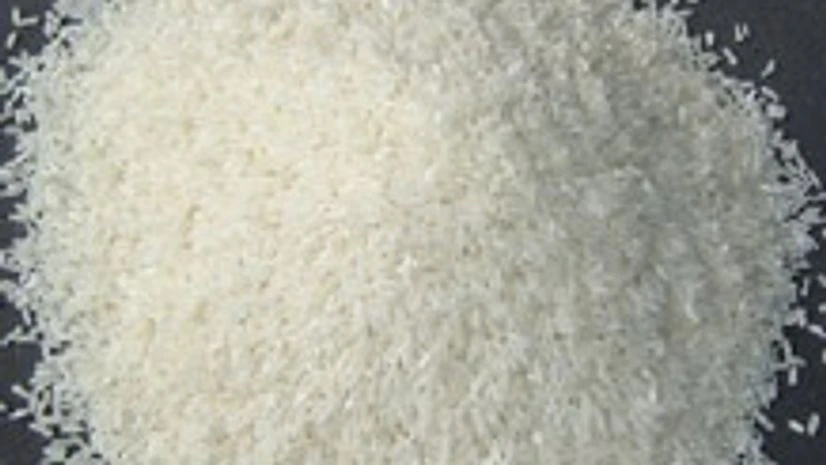The health department of Surat Municipal Corporation (SMC) had raided a unit and seized 150 bags (25 kg each) of Chinese 'Plastic' rice last week based on a complaint filed with the civic body that rice made out of plastic, imported from China, was being sold in the city. Soon after the seizure, FDCA officials had sent the samples for testing.
"Samples of the rice collected from Navsari and Surat and the mill from Sanand in Ahmedabad, from where it was sent, have tested negative. We are awaiting the full report, which will take at least fifteen days to arrive," said, a senior FDCA official on Wednesday on Ahmedabad on the sidelines of a workshop on food fortification.
The rice was being sold under the brand name of 'Aromti, Royal, by vendors in Navsari and Surat. Gujarat government had banned the sale of Maggi for one month in June and later extended the ban for another month. Similarly, the one-month ban on Hakka noodles manufactured by SK Foods was also extended this month.
Meanwhile, panellists at the workshop on food fortification said that India should adopt fortification (practice of adding essential vitamins and minerals to staple foods to improve their nutrition content) to address the problem of malnutrition. Panellists echoed a similar view that even Bangladesh, Sri Lanka and Pakistan had adopted fortification but India was only talking about it. In India, only few states like Gujarat, West Bengal, Rajasthan, Madhya Pradesh, Andhra Pradesh and Telangana have warmed up to fortification.
Food fortification helps economies by reducing malnutrition, preventing estimated losses to the economy of as much as 2.65 per cent of the Gross Domestic Product (GDP) according to the World Bank.

)
